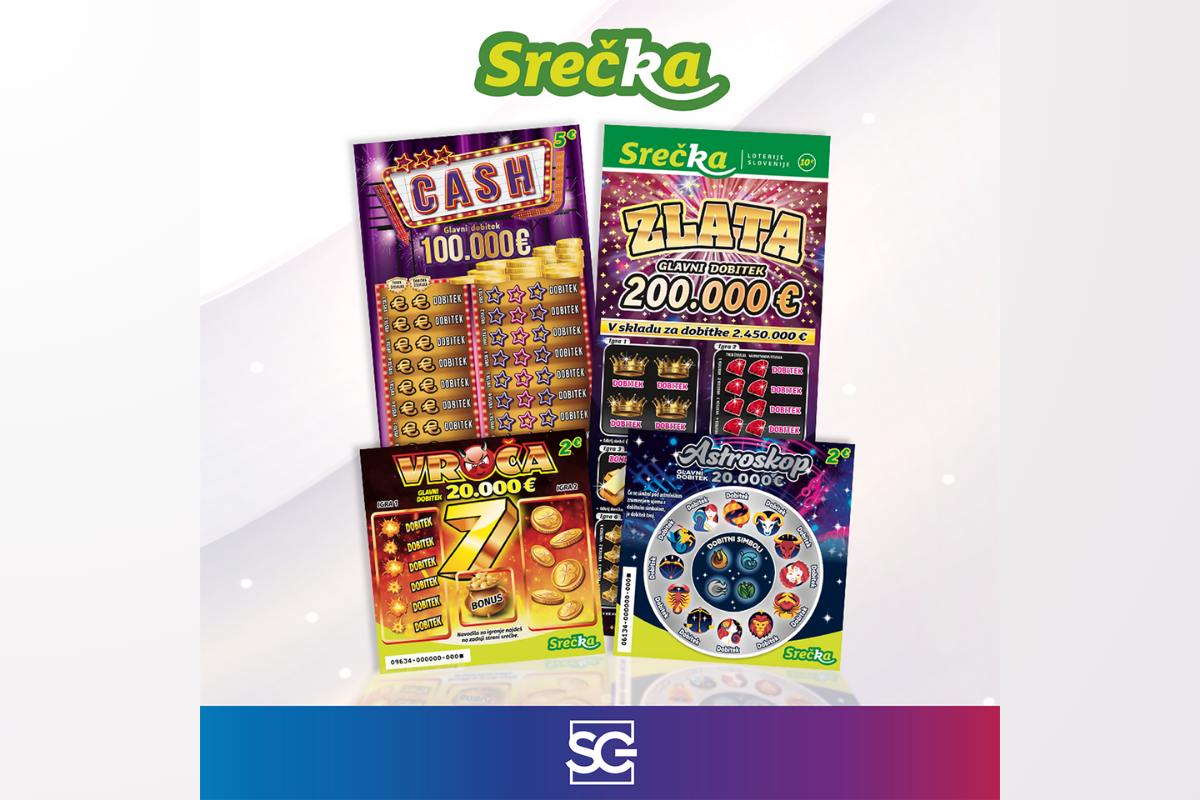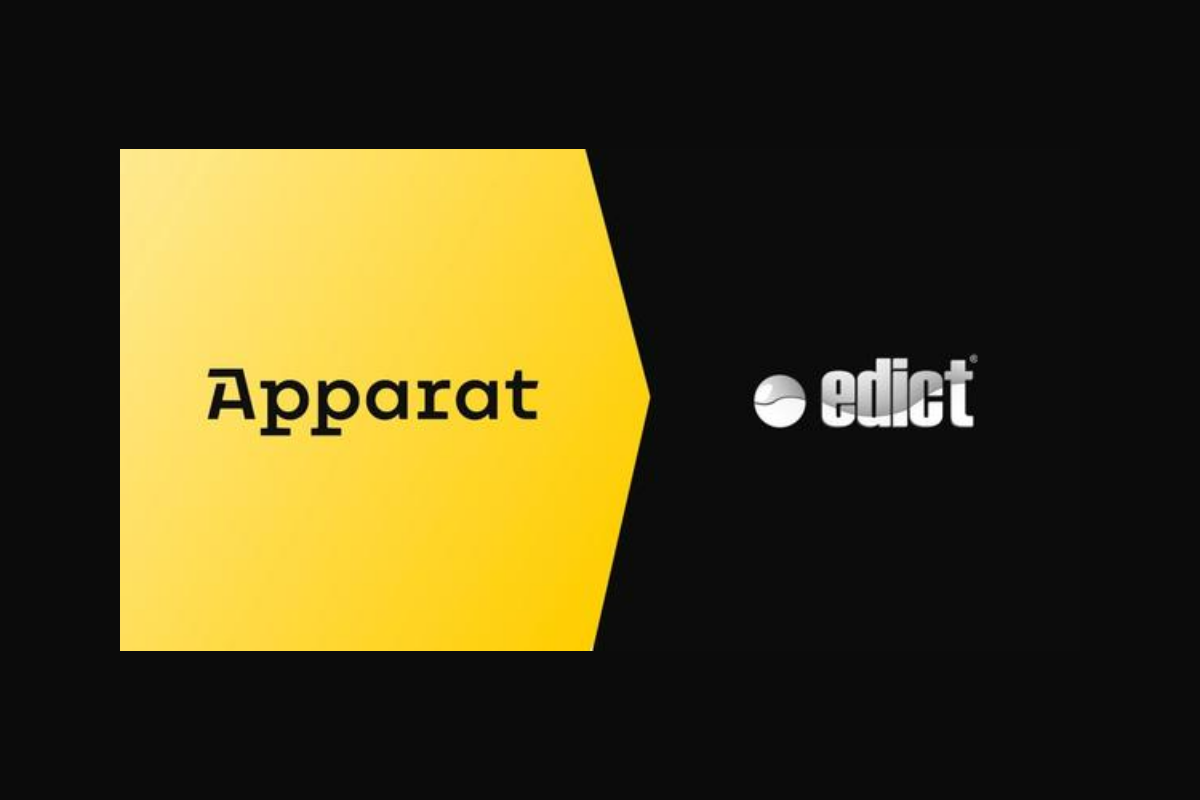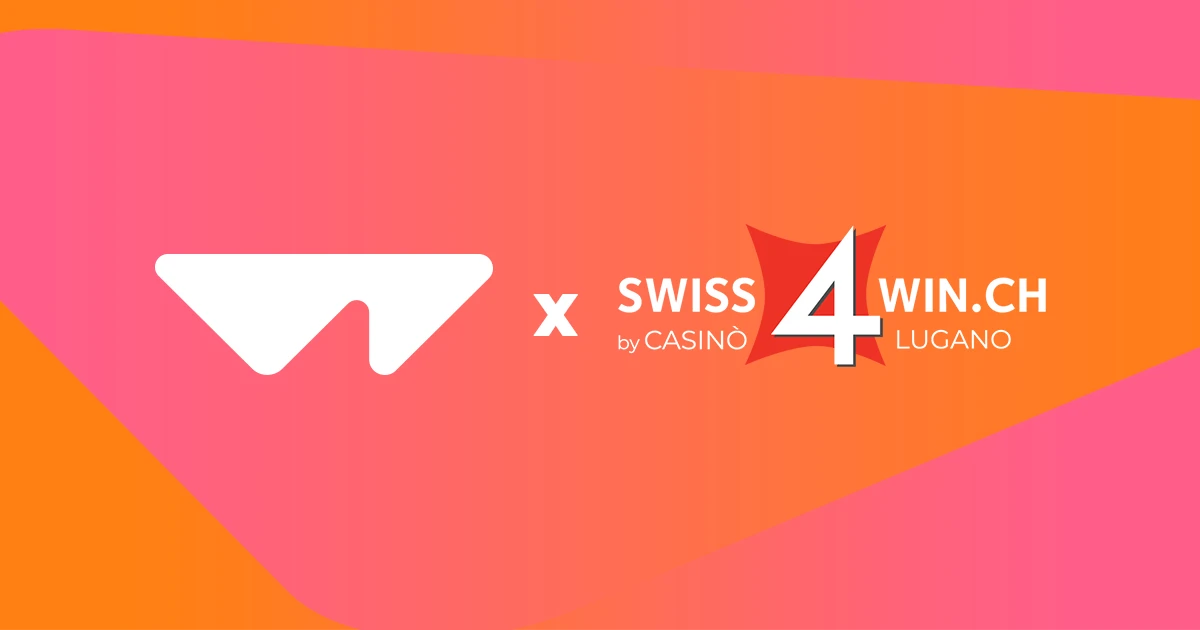Central Europe
STS Group Extends BetGames Content Partnership

The STS Group has reached an agreement to continue its collaboration with TV Zaidimai for supplier BetGames’ content.
Under their renewed partnership, STS will remain Poland’s only operator offering BetGames’ live dealer products. This new deal also includes an agreement to expand their current game portfolio.
More significantly, BetGames’ offer, alongside virtual sports, accounts for more than 10% of the STS Group’s net gaming revenue (NGR), giving their extended collaboration more weight.
The prolonged licence agreement includes access to various betting products as well as live dealer content, such as poker and baccarat.
Furthermore, TV Zaidimai and STS will expand their non-English language offering after they embarked on a “Polish table” project for poker in 2020.
“We are not only the largest, but also the most innovative bookmaker in Poland. We are prolonging a partnership that is very important for us and grants us exclusivity to offer BetGames products in Poland,” Mateusz Juroszek, CEO of STS Holding, said.
“Player interest in products similar to BetGames products keeps growing, which is why, together with TV Zaidimai, we are investing in and personalising the offer for Polish players,” he added.
“We are delighted to strengthen and deepen our fruitful partnership for the long term. STS is not only the market leader in Poland, but also the innovation leader in the region and beyond. An ideal match for us to develop a challenging market together – with great success for both parties,” Andreas Koeberl, CEO of TV Zaidimai, said.
Central Europe
Scientific Games and National Lottery of Slovenia Strengthen Instant Game Partnership

Scientific Games and Loterija Slovenije, the national lottery of Slovenia, are moving to strengthen their instant game partnership and position the Lottery for more growth through a new, exclusive five-year contract. The new contract follows 26% growth in Loterija Slovenije’s instant game sales over the past four years. The agreement may be renewed for an additional two years.
2024-SGSocials-Slovenia-1200×1200.png“The move to this new partnership with Scientific Games heralds further progress for our Srečka games portfolio,” said Loterija Slovenije CEO and President Romana Girandon. “The enhanced partnership aligns our goals to responsibly grow these products and ultimately, grow proceeds to our good cause programs.”
Loterija Slovenije’s new partnership closely aligns the strategic interests of both companies using Scientific Games’ world-leading instant game design and portfolio management services, as well as data-driven analytics and insights, game manufacturing, retailer analysis, marketing, sales support and licensed brand services.
Scientific Games began working with Loterija Slovenije six years ago as the Lottery’s primary instant games provider and most recently collaborated on successful higher price point game launches featuring an Advent calendar and a €10 extended play game.
“We’re proud to move to an enhanced partnership with Loterija Slovenija so that we can fully maximize the potential of its Srečka games,” said Kevin Anderson, VP of Global Strategic Accounts for Scientific Games. “Our expertise with data analytics and portfolio management will help drive sales performance for the games and provide entertaining experiences for Slovenian players.”
With products that generate more than 70% of global instant game retail sales, Scientific Games is the world’s largest instant games creator, producer and services provider, and the primary provider to nine of the Top 10 performing instant game lotteries in the world (La Fleur’s 2024 World Lottery Almanac).
Central Europe
Apparat Gaming and edict egaming announce partnership

Leading German software provider teams up with Hamburg-born aggregator to make full suite of slots available to customers in regulated markets worldwide
With immediate effect, German iGaming-business Apparat Gaming is teaming up with fellow Hamburg-founded company edict egaming. The former, having forged a reputation for providing premium casino content with a German accent, has thus joined forces with one of the country’s top aggregators in edict, one of the Merkur Group’s subsidiaries.
As a result of the deal, Apparat Gaming’s ever-expanding portfolio of 30+ quality slots, including recent releases like the high-octane Autobahn Alarm and the hotly-anticipated Fishin’ the Biggest, will be joining edict’s already widespread line-up of over 200 titles – making them now available to all operators who choose edict for their game aggregation needs.
This collaboration will give customers access to an even more diverse selection of games, all of which are fully compliant with the latest German regulation and certified for release in multiple markets.
Founded in 1998, edict was one of the industry’s pioneering online casino service providers before it was acquired by the Merkur Group a decade later. In 2021, the company added an aggregator solution to its offering, and it has been steadily developing this product ever since to a point where it now supplies content to over 150 operators and starts 8.5+ billion games per year.
Specialising in engaging titles that are supplied by some of Germany’s most popular studios, Apparat Gaming’s releases will certainly look right at home among the aggregator’s prestigious game portfolio – and both parties are already looking forward to a highly successful collaboration.
Martin Frindt, Co-Founder and Chief Product Officer at Apparat Gaming, said: “Given Apparat Gaming’s German roots, we’re delighted to be teaming up with a Hamburg-born business-like edict. Adding our titles to their line-up will give operators access to our over 30 top slots that all come with our signature German accent, and we can’t wait to hear how they’re received by customers.”
Dominic-Daniel Lienard CEO at edict, said: “Since launching our aggregator solution, edict has compiled a stellar portfolio of releases from some of the top developers in Germany and beyond – and adding Apparat Gaming titles will strengthen this roster further. With great graphics, unique themes, and innovative bonus features, we’re sure their slots will be a huge hit with our operators.”
Central Europe
Wazdan amplifies Swiss presence with Swiss4Win launch

Wazdan, the gain-focused developer behind some of the world’s most rewarding casino game experiences has further expanded in the regulated Swiss market, taking its games live with Swiss4Win.
The collaboration enhances Wazdan’s profile in the country with Swiss4Win’s leading online gambling platform revolutionising player experiences with the introduction of the studio’s exciting range of games.
As Wazdan continues to deliver the world’s most rewarding casino game experiences, this new partnership heralds a new era of entertainment. Players can look forward to a diverse selection of captivating slots designed to appeal to Swiss players.
In conjunction with this partnership, Swiss4Win unveils its new website, meticulously crafted to enhance user engagement. The platform boasts a cutting-edge SEO-oriented design, complemented by a sleek dark mode interface. With a heightened focus on slot providers, the website features a dedicated page showcasing premier gaming offerings.
Radka Bacheva, Head of Sales and Business Development at Wazdan, said: “We’re excited to join forces with swiss4win.ch to introduce our latest games to players worldwide. This collaboration represents a shared commitment to innovation and excellence in the iGaming industry.”
Paolo Sanvido, Chief Executive Officer at Casino Lugano and Swiss4Win, added: “Wazdan’s distinguished reputation stems from its exceptional graphics and innovative features, which have resonated with players globally. Its dedication to crafting enriching casino experiences offers players greater control over their gaming preferences and seamlessly aligns with our audience’s interests.”
-

 Baltics6 days ago
Baltics6 days agoEvoplay bolsters presence in Lithuania with Betsafe deal
-

 Interviews6 days ago
Interviews6 days agoThe Full Spectrum Strategy: How Betting on Both Popular and Lesser-Known Sports Pays Off
-

 Compliance Updates6 days ago
Compliance Updates6 days agoEGBA Welcomes European Parliament’s Approval Of New EU Anti-Money Laundering Framework
-

 Conferences in Europe6 days ago
Conferences in Europe6 days agoCasinoBeats Summit 2024: Providing the Tools to Balance Innovation and Regulation in the Digital Age
-

 Balkans6 days ago
Balkans6 days agoExpanse Studios Launches in Bulgaria with Inbet
-

 Latest News6 days ago
Latest News6 days agoAristocrat Leisure Completes Acquisition of Neo Group Ltd. (f/k/a NeoGames) for $29.50 per Share
-

 Latest News6 days ago
Latest News6 days agoWeek 17/2024 slot games releases
-

 Latest News6 days ago
Latest News6 days agoBOS agrees with KV’s/KO’s advertising assessment of “Trisskrapet” in TV4




















































